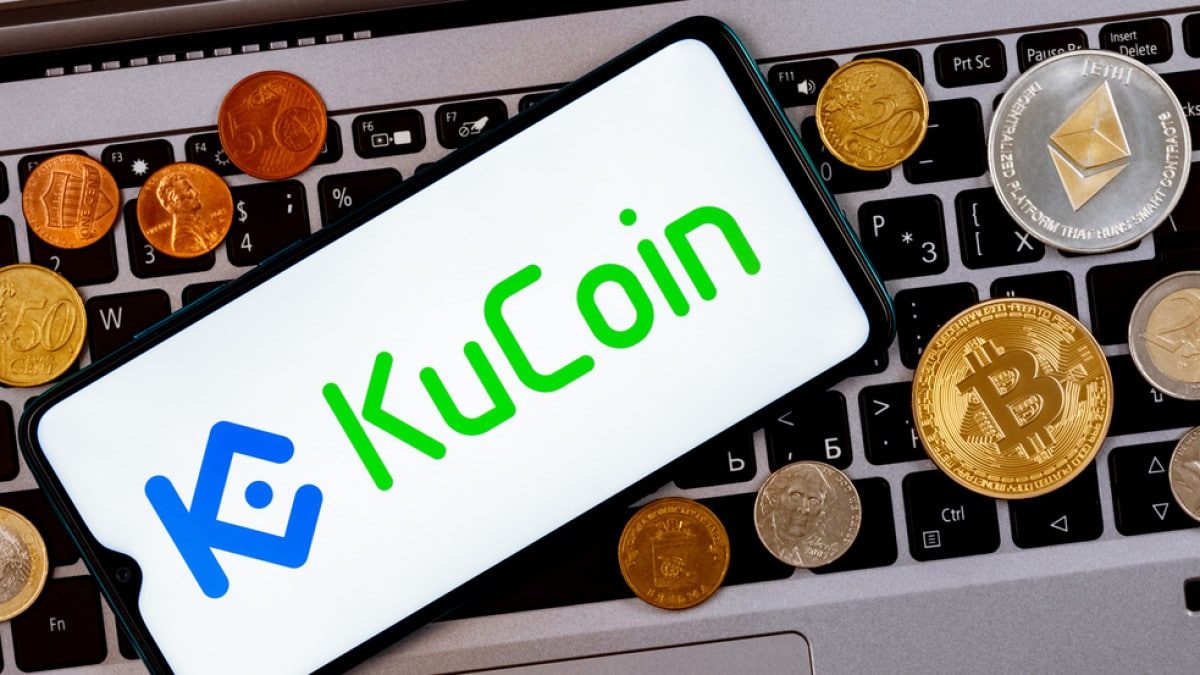KuCoin cryptocurrency alternate introduced the implementation of a 7.5% value-added tax (VAT) on transaction charges. This new tax impacts customers in Nigeria who’ve accomplished their Know Your Customer (KYC) registration. Ranging from July 8, this VAT will probably be added to the transaction charges, not the general transaction quantity.
KuCoin to Apply VAT on Nigerian Charges
The brand new VAT coverage by KuCoin instantly targets transaction charges, growing the associated fee for Nigerian merchants on the platform. Regardless of the readability on the calculation foundation, making use of VAT amid the continuing authorities ban on crypto web sites, together with KuCoin, raises questions. Nigeria’s crypto group stakeholders have expressed issues concerning this resolution’s timing and regulatory implications.
Fortunate Uwakwe, President of the Blockchain Trade Coordinating Committee of Nigeria (BICCoN), highlighted potential challenges in implementing the brand new tax. He questioned how the federal government would confirm person counts, guarantee correct commerce reporting, and handle the remittance of collected taxes. The dearth of clear tips on these fronts may result in issues in compliance and transparency.
The constraints imposed by the Central Bank of Nigeria (CBN) on changing cryptocurrencies to fiat currencies add one other layer of complexity. Given these monetary restrictions, it stays unsure how KuCoin intends to remit the VAT collected. This state of affairs poses a dilemma on whether or not banks would deal with crypto-related transactions underneath present insurance policies.
Additionally Learn: CoinDCX Acquires BitOasis To Foray Into MENA Region
CBN Ban Limits Nigeria’s Crypto Development
KuCoin’s introduction of VAT on crypto transactions would possibly point out a shift in governmental attitudes towards recognizing digital belongings. Rume Ophi, a neighborhood crypto analyst, views the VAT levy as a constructive step that might result in the formal acceptance of cryptocurrencies as professional monetary devices in Nigeria. He means that this transfer would possibly pave the way in which for future laws and licensing throughout the crypto trade.
Nevertheless, the continued prohibition by the CBN, initiated in 2021, stays a major barrier. This restriction has discouraged native crypto alternate growth, pushing trade gamers to hunt extra favorable circumstances overseas. Ophi lamented the missed alternatives on account of stringent authorities actions, which have stifled the expansion of the nascent crypto trade in Nigeria.
There’s hypothesis that this tax may very well be a precursor to extra complete crypto laws. Such measures permit banks to facilitate crypto trades, increasing the scope past peer-to-peer transactions. Nevertheless, readability on this matter has but to be supplied, leaving room for hypothesis amongst customers and stakeholders.
Additionally Learn: XRP Lawsuit: Lawyers Claim Ripple Case Is In SEC Favor, Chevron Ruling Irrelevant
The introduced content material might embrace the private opinion of the writer and is topic to market situation. Do your market analysis earlier than investing in cryptocurrencies. The writer or the publication doesn’t maintain any accountability to your private monetary loss.


✓ Share: